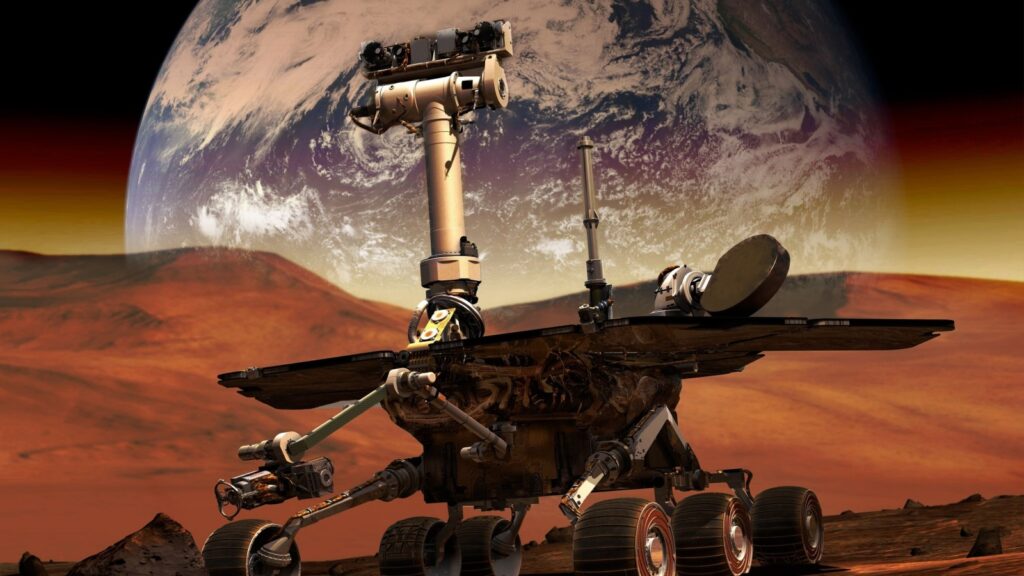Canada is often recognized for its stunning landscapes and friendly people, but many of its most impressive qualities go unnoticed on the global stage. Beyond the well-known aspects, Canada quietly excels in areas such as environmental stewardship, social policies, innovation, and cultural contributions. From world-leading clean water technologies to a strong work-life balance, these strengths shape the country’s unique identity and influence international standards. Here are 22 things Canada does right that many people may not notice.
Exceptional Natural Freshwater Reserves
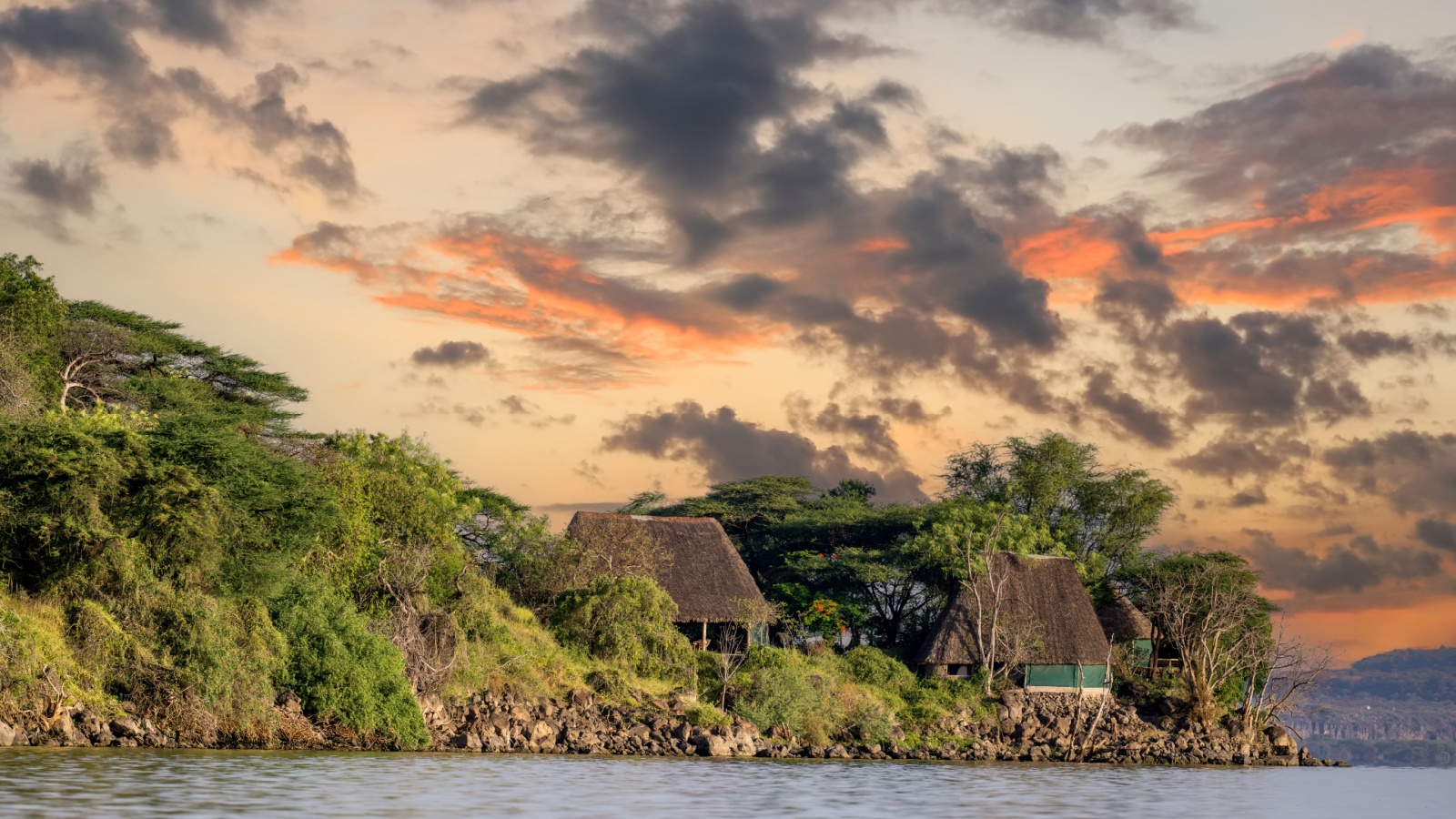
Canada holds approximately 20% of the world’s freshwater, making it one of the most water-rich countries globally. This includes over two million lakes and major river systems such as the Mackenzie, St. Lawrence, and Fraser. The Great Lakes alone account for a significant share of North America’s freshwater. These vast reserves support ecosystems, agriculture, and drinking water needs across provinces. Despite high availability, Canada manages these resources through regional policies and watershed protection. While not widely publicized, Canada’s freshwater supply is one of its most critical and valuable natural assets, contributing to long-term environmental security and economic resilience.
Leadership in Clean Water Technologies

Canada is a global leader in clean water technologies, with companies and research institutions focused on filtration, wastewater treatment, and water reuse. The country invests heavily in innovation, particularly in membrane filtration systems, UV disinfection, and smart water monitoring. Cities like Toronto and Vancouver have implemented advanced systems to reduce water waste and improve purification. Canadian firms export water treatment solutions to Asia, Europe, and the Middle East. The country’s emphasis on clean technology, supported by federal funding and university-led research, has positioned it as a reliable source of water solutions for countries facing challenges of scarcity or contamination.
Universal Public Healthcare

Canada’s healthcare system is publicly funded, offering universal coverage for medically necessary services to all citizens and permanent residents. Known as Medicare, it operates on a provincial basis, with federal funding and oversight ensuring nationwide standards are maintained. Patients do not pay out-of-pocket for hospital visits, physician services, or emergency care. While some services, such as dental care and prescription medications, may require private insurance, core healthcare remains accessible regardless of income. Compared to other developed countries, Canada maintains a cost-efficient model with lower administrative overhead.
A Top‑Ranked Education System

Canada consistently ranks among the world’s best for primary, secondary, and post-secondary education. According to the OECD, Canadian students perform above average in reading, mathematics, and science. Public education is administered at the provincial level, with strong standards across all provinces. The country also hosts globally respected universities such as the University of Toronto, McGill University, and UBC. Canada’s education model emphasizes inclusivity, critical thinking, and digital literacy. Its institutions attract international students, contributing billions to the economy annually.
Multiculturalism as National Policy

Canada is one of the few countries that officially embraces multiculturalism as a national policy. Adopted in 1971, this approach recognizes and promotes cultural diversity as a strength rather than a challenge. Immigration is central to Canadian society, with more than 20% of the population born abroad. Major cities like Toronto, Vancouver, and Montreal are home to communities from every continent, coexisting with relative social stability. Government programs support cultural preservation, language services, and anti-discrimination efforts. While not without issues, Canada’s policy-driven multiculturalism has helped it build an inclusive national identity that is globally admired but not often spotlighted.
Wildlife and Wilderness Conservation
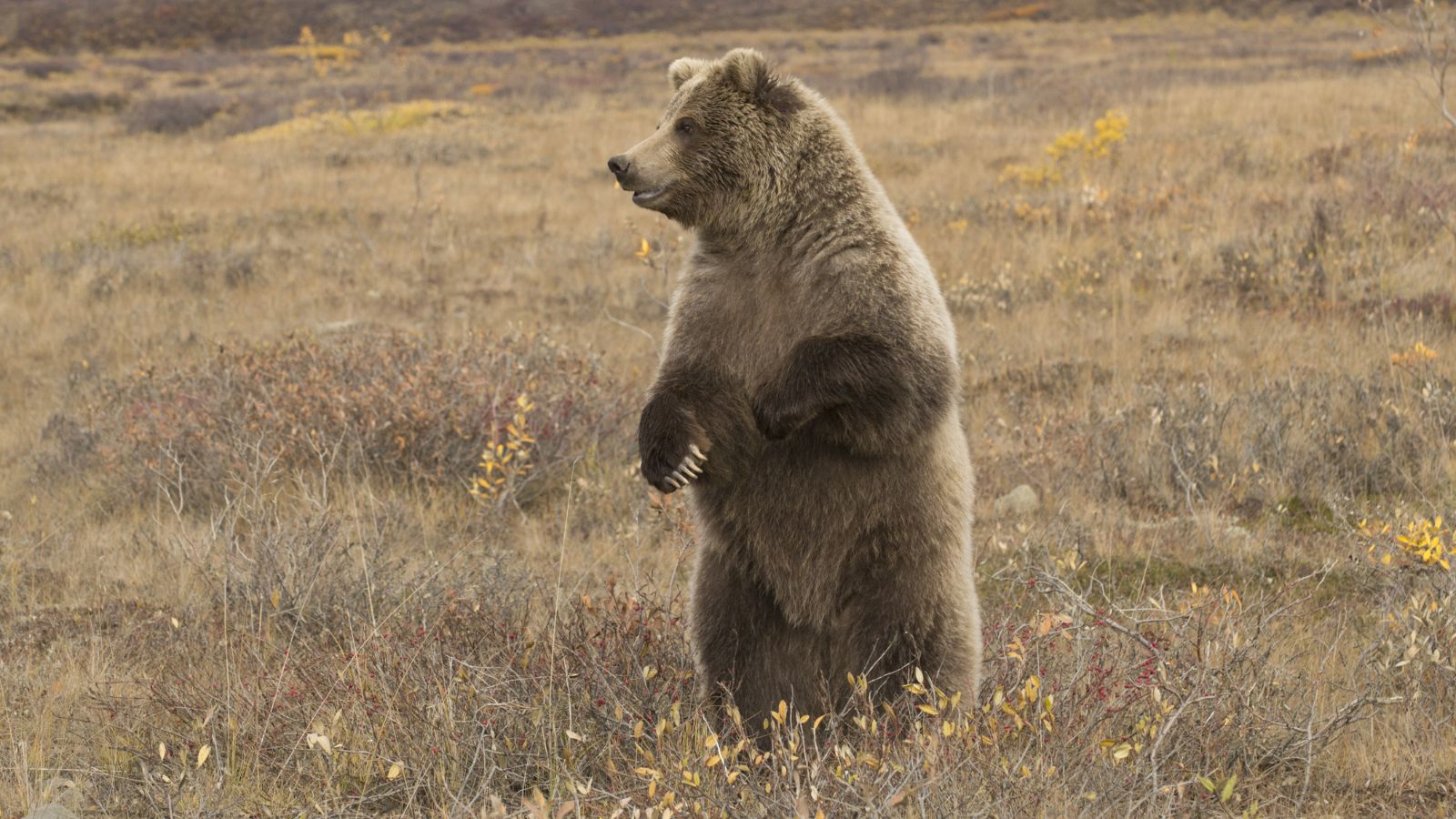
Canada is home to vast natural habitats and a diverse range of wildlife species, including polar bears, caribou, whales, and migratory birds. The federal and provincial governments manage over 8,000 protected areas, covering approximately 12% of the country’s landmass. Agencies like Parks Canada oversee national parks, marine reserves, and conservation programs. Indigenous-led conservation initiatives also play a growing role. These efforts help preserve biodiversity, support sustainable tourism, and mitigate the impacts of climate change. While the scale of Canada’s wilderness is often acknowledged, its structured, science-based approach to protecting it receives less attention than it deserves globally.
Peacekeeping and Global Diplomacy

Canada has a long-standing reputation for peacekeeping and diplomatic engagement. It was one of the original architects of United Nations peacekeeping missions and has participated in over 60 such operations since 1948. Canadian diplomats often play behind-the-scenes roles in conflict resolution, trade negotiations, and humanitarian efforts. Although its military presence is modest, Canada contributes through multilateral organizations such as NATO, the G7, and the UN. It consistently ranks high in global trust surveys and is viewed as a stable, neutral party in international affairs.
Strong Work‑Life Balance Culture

Canada promotes a work culture that values time off, flexibility, and employee well-being. Most full-time workers receive at least two weeks of paid vacation, with additional public holidays varying by province. Parental leave policies are generous, with federal programs offering up to 18 months of shared leave. Many companies now offer hybrid or flexible work options, particularly following the COVID-19 pandemic. Health benefits, workplace safety standards, and mental health support are widely available.
Reputation for Safety and Low Crime

Canada is consistently ranked among the safest countries in the world, with low rates of violent crime compared to many other developed nations. Factors contributing to this include effective law enforcement, strong community policing, and social programs that address the root causes of crime. Major cities like Toronto and Vancouver regularly appear on lists of the world’s safest urban areas. While no country is without challenges, Canada’s public safety infrastructure, transparent legal system, and relatively low incarceration rates create a secure environment for residents and visitors alike, supporting its global reputation as a safe and welcoming nation.
Friendly and Polite Social Norms

Canadian social behavior is widely recognized for its friendliness and politeness. Courtesy, respect for personal space, and consideration for others are ingrained values that are often reflected in everyday interactions. Canadians tend to use “please,” “thank you,” and “sorry” frequently, contributing to a culture of kindness and patience. This politeness extends to public services, customer interactions, and community life. While these traits might seem ordinary locally, international visitors often note Canadian warmth and civility as distinct and memorable features. This social norm supports positive community relations and contributes to Canada’s image as a courteous and inclusive society.
Apologizing as a Cultural Habit

In Canada, apologizing is not only a response to fault but a cultural expression of empathy and politeness. Canadians are known for saying “sorry” even in situations where they are not at fault, using it to acknowledge inconvenience or to maintain harmony. This practice extends beyond personal interactions to public and corporate settings, reinforcing social cohesion. While it may come as a surprise to outsiders, this habit reflects a broader cultural preference for peaceful conflict resolution and mutual respect. Apologizing serves as a social lubricant in Canada, highlighting the country’s emphasis on kindness and mutual understanding in everyday life.
Cleanest Air Among Major Nations

Canada consistently ranks among countries with the cleanest air globally. Its vast forests, low population density, and strong environmental regulations contribute to lower pollution levels compared to many industrialized nations. Urban centers implement strict vehicle emissions standards and promote public transit to reduce smog and particulate matter. Additionally, Canada’s commitment to renewable energy and conservation helps maintain air quality. The clean air benefits public health, supports diverse ecosystems, and enhances overall quality of life.
Ice Hockey: Cultural and Athletic Legacy

Ice hockey is deeply embedded in Canadian culture and identity. The sport dates back to the 19th century and has grown to become the country’s national winter sport. Canada has produced many of the world’s top players and consistently dominates international competitions, including the Olympics and World Championships. Hockey shapes community life, with local leagues and outdoor rinks standard in towns and cities. The National Hockey League (NHL), headquartered in Canada and the U.S., highlights the sport’s professional influence. Beyond athletics, hockey symbolizes Canadian values such as teamwork, perseverance, and pride, playing a significant role in national unity.
Global Comedy Influence

Canada has made a significant impact on global comedy through its unique blend of humor and talent. Canadian comedians like Jim Carrey, Mike Myers, Catherine O’Hara, and John Candy have achieved international fame, shaping the entertainment industry. Television shows such as “SCTV” and “Kids in the Hall” pioneered sketch comedy, influencing generations worldwide. The country’s comedy festivals, including the famous Just for Laughs in Montreal, attract global audiences and performers. Canada’s ability to combine sharp wit with relatable storytelling continues to contribute to the global comedy scene, often without widespread recognition of its Canadian roots.
Innovative Science and Technology

Canada is recognized for its contributions to science and technology innovation across multiple fields. Canadian researchers and companies have developed breakthroughs in medical technology, telecommunications, artificial intelligence, and clean energy. Notable inventions include the pacemaker, insulin therapy, and the Canadarm robotic system. Universities and research institutes collaborate with industry to drive innovation and commercialization. Government funding supports startups and encourages STEM education, fueling a strong innovation ecosystem. While Canada’s scientific achievements may not always capture global headlines, they underpin advancements that improve quality of life worldwide and position the country as a leader in emerging technologies.
Space Robotics Achievements
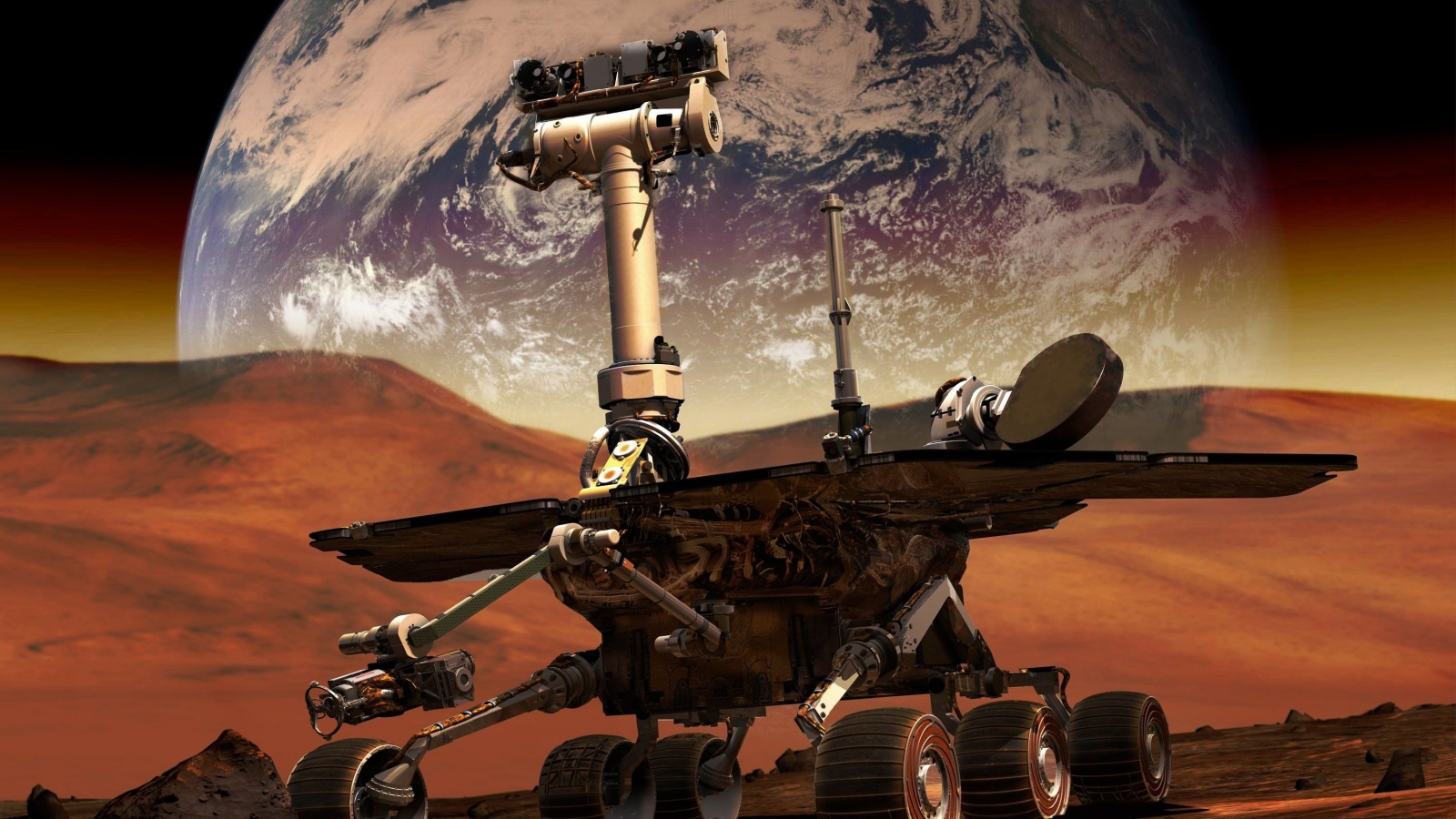
Canada has established itself as a world leader in space robotics, mainly through the development of the Canadarm series. The original Canadarm, launched in 1981, was a robotic arm used on NASA’s Space Shuttle for deploying and repairing satellites. Its successors, Canadarm2 and Dextre, are essential components of the International Space Station, assisting astronauts with maintenance and complex tasks. Developed by Canadian engineers and companies, these robotic systems showcase advanced precision and reliability. Canada’s contributions to space robotics have earned international acclaim, demonstrating the country’s ability to lead in cutting-edge aerospace technology with applications beyond space exploration.
Poutine as Culinary Identity

Poutine, a dish of French fries topped with cheese curds and gravy, has become a symbol of Canadian comfort food and culinary identity. Originating in Quebec in the 1950s, it has gained nationwide and international popularity, with variations appearing on menus worldwide. Poutine represents Canadian creativity and the blending of regional flavors into a beloved national dish. While simple in ingredients, it reflects the country’s cultural diversity and appetite for hearty, satisfying food. Its growing presence in global food culture highlights Canada’s influence in shaping unique culinary trends beyond traditional stereotypes.
Maple Syrup Global Dominance

Canada produces over 70% of the world’s maple syrup, making it the global leader in this iconic natural sweetener. Quebec alone accounts for approximately 90% of Canada’s maple syrup production, with thousands of maple syrup farms employing sustainable harvesting methods. Canadian maple syrup is exported worldwide and is prized for its quality, flavor, and adherence to organic production standards. It is used in cooking, baking, and as a standalone product. The industry supports rural economies and preserves traditional practices, while also innovating with new product lines. Canada’s dominance in maple syrup is a quiet but significant aspect of its global agricultural footprint.
Craft and Specialty Chocolate Excellence

Canada’s craft and specialty chocolate industry is growing rapidly, focusing on high-quality, ethically sourced cocoa and innovative flavors. Brands like Purdys Chocolatier and Soma Chocolatemaker have set high standards for artisanal chocolate production. These companies prioritize sustainability, fair trade practices, and small-batch manufacturing to craft unique products that appeal to a global audience. Canadian chocolatiers often blend local ingredients and creative techniques, contributing to a vibrant specialty market. This sector’s quiet rise has positioned Canada as a notable player in the international gourmet chocolate industry, attracting consumers seeking premium, socially responsible sweets.
Well‑Designed Currency and Symbols

Canada’s currency is recognized worldwide for its innovative design, security features, and cultural symbolism. The polymer banknotes, introduced in 2011, incorporate advanced anti-counterfeiting technology, including transparent windows, holographic elements, and raised ink. Each note showcases Canadian heritage, including portraits of historical figures, landscapes, and indigenous art. Beyond currency, symbols like the maple leaf and the beaver represent national identity and pride. These thoughtfully designed elements reinforce Canada’s image as a modern, secure, and culturally rich country.
Film Industry and Stand‑in Locations
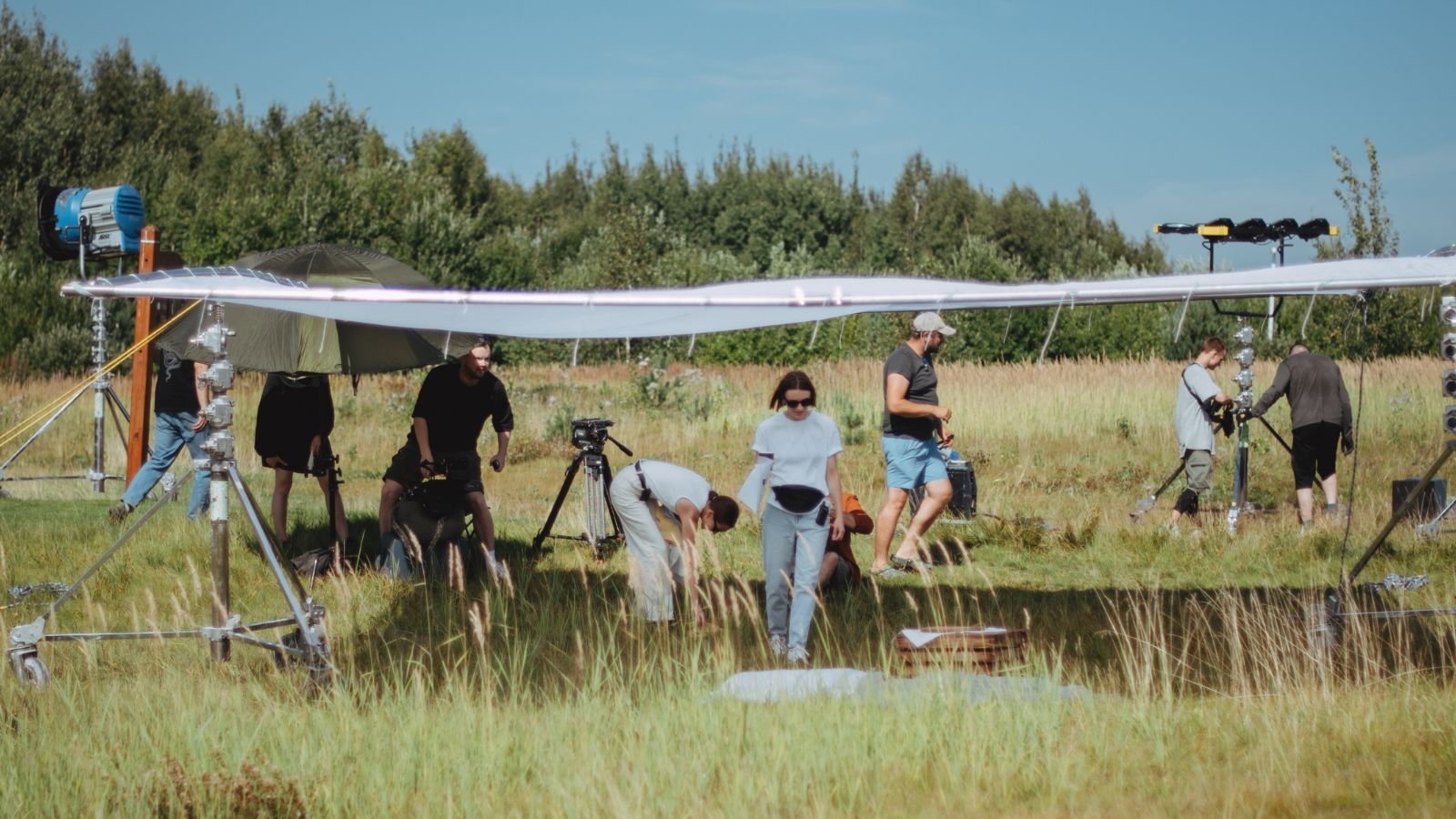
Canada boasts a thriving film and television industry, often serving as a stand-in for major U.S. cities like New York, Chicago, and Boston due to its versatile urban landscapes and favorable production costs. Cities such as Toronto, Vancouver, and Montreal are popular filming destinations for Hollywood studios and international productions. The country offers skilled crews, tax incentives, and modern facilities, attracting major projects across genres. Canadian filmmakers also contribute unique stories and perspectives. This dual role as a production hub and creative incubator strengthens Canada’s global entertainment footprint, although the country’s contributions often go unnoticed by mainstream audiences.
Affordable Lifestyle and Public Services

Canada offers a relatively affordable lifestyle compared to other developed nations, especially when considering quality of life and public services. Universal healthcare reduces personal medical expenses, while public education is accessible and well-funded. Housing costs vary by region but remain lower than in many global cities. Public transportation and social services support diverse populations, including newcomers and seniors. Though some costs are rising, Canada’s social safety nets, labor protections, and community resources help maintain economic stability.
21 Products Canadians Should Stockpile Before Tariffs Hit

If trade tensions escalate between Canada and the U.S., everyday essentials can suddenly disappear or skyrocket in price. Products like pantry basics and tech must-haves that depend on are deeply tied to cross-border supply chains and are likely to face various kinds of disruptions
21 Products Canadians Should Stockpile Before Tariffs Hit
